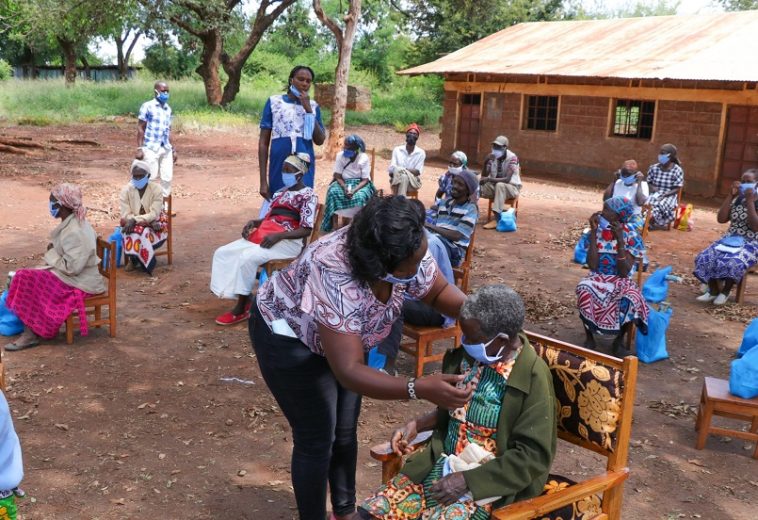Cross-border insecurity in Africa remains a complex issue, largely influenced by various factors, including socio-economic development, shared histories, and cultural ties. These shared elements often hinder the implementation of effective security measures across borders.
The root of these issues often lies in the inability of African nations to secure borders inherited from colonial powers, which frequently do not align with the continent’s ethnic, cultural, and economic realities. This misalignment has led to tensions and conflicts, creating porous borders that facilitate the activities of criminal networks engaged in the illegal trade of arms, drugs, and humans.
West and Central Africa, situated between South America and Europe, are particularly vulnerable. This vulnerability has facilitated illicit trafficking, organized crime, terrorism, and drug abuse. The United Nations Office on Drugs and Crime (UNODC) reports a dramatic increase in cocaine seizures in the Sahel, from an average of 13 kg per year between 2015 and 2020 to 863 kg in 2022.
Additionally, half of the world’s seizures of pharmaceutical opioids, notably tramadol, between 2017 and 2021 were destined for Africa. The continent also faces the grim reality of over 3.7 million people being sold into slavery and forced labour. These alarming numbers are facilitated by the inability of African countries to protect their borders.
A prime example of these security challenges is the conflict in Sudan, where the flow of weapons exacerbates instability in neighbouring countries. In the Sahel, countries like Mali, Niger, and Burkina Faso face the spread of extremist ideologies, while the Lake Chad Basin, encompassing Nigeria, Chad, and Cameroon, struggles with Boko Haram insurgencies. The Horn of Africa also contends with maritime piracy along its coastlines.
The failure of African countries to effectively secure their borders has often led to reliance on Western governments for security structures and interventions. Military interventions, border closures, and ad-hoc cooperation agreements have provided some relief but have not comprehensively addressed the underlying issues.
In response, the African Union (AU) and Regional Economic Communities (RECs) have launched various initiatives, such as the AU Border Programme (AUPB), the AU Border Governance Strategy (AUBGS), and the African Peace and Security Architecture (APSA). Collaborations with the G5 Sahel Joint Force have also contributed to intra-African security. However, these efforts are hampered by a lack of political will, uneven financial support, and inadequate operational capacity across the continent.
For these initiatives and other cross-border measures to be effective, there is need for enhanced intelligence sharing and joint border management. Technological advancements in surveillance and security infrastructure should be prioritized. Joint patrols and coordinated checkpoints among security agencies and neighbouring countries can further enhance border security.
Additionally, training and equipping security personnel to combat transnational threats are crucial. Investment in counter-terrorism, maritime security, and border control should be increased, ensuring personnel have access to modern and sophisticated equipment.
READ ALSO: Evaluating Security Gaps: Lessons from the Trump Campaign Rally
Political diplomacy and collaboration should be encouraged across borders to promote dialogue and conflict resolution mechanisms. Addressing socio-economic disparities and promoting inclusive development also benefit the continent in mitigating tensions and preventing conflicts from spilling over across borders.
International cooperation and partnerships with the United Nations, European Union, United States, and other global entities can provide adequate support in technical expertise, financial resources, and logistical support to complement African-led initiatives.
Addressing the cross-border security menace in Africa requires a shift from reactive measures to proactive, collaborative solutions. There is the utmost need for political commitment, and sustained investment in the regional cooperation framework to effectively mitigate threats.




